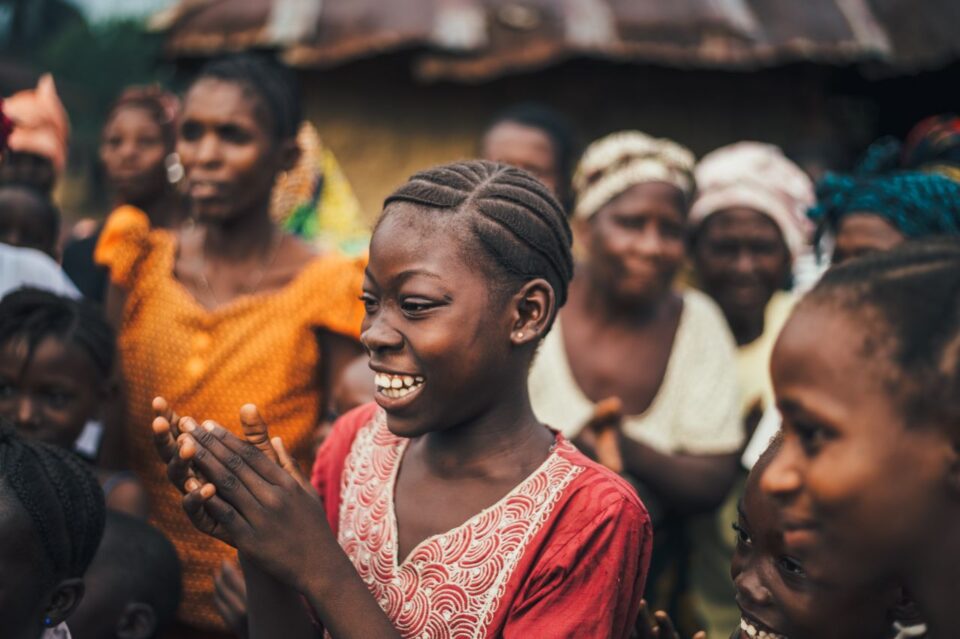
In a world that is rapidly modernizing, the importance of preserving indigenous languages cannot be overstated. Across the diverse landscapes of Africa, languages serve as more than just a means of communication—they are repositories of ancient wisdom, cultural heritage, and traditional knowledge systems.
African languages encapsulate a wealth of indigenous knowledge, encompassing traditional medicine, ecological wisdom, storytelling traditions, and oral histories that have been passed down through generations. These languages are not just tools for everyday communication; they are vessels that carry the collective wisdom and experiences of countless generations.
Traditional medicine, deeply rooted in African cultures, relies on knowledge passed down through oral traditions in local languages. From herbal remedies to holistic healing practices, indigenous healers possess invaluable knowledge of the natural world and its medicinal properties. Preserving the languages in which this knowledge is transmitted is crucial for ensuring the continued availability and accessibility of traditional healing practices.
Furthermore, African languages play a pivotal role in preserving ecological wisdom. Indigenous communities across the continent have developed intricate understandings of their local ecosystems, which are encoded in their languages through folklore, proverbs, and oral traditions. This ecological knowledge, essential for sustainable resource management and biodiversity conservation, is at risk of being lost as indigenous languages face threats from globalization and linguistic homogenization.
Storytelling is another integral aspect of African languages, serving as a vehicle for passing down cultural values, history, and moral lessons from one generation to the next. Through myths, legends, and folktales, indigenous languages carry the narratives of Africa’s rich and diverse cultures, fostering a sense of identity and belonging among communities.
Despite the importance of preserving indigenous languages, many of them are endangered due to various factors, including language shift, urbanization, and the dominance of colonial languages. As younger generations gravitate towards dominant languages for economic and social opportunities, there is a risk of losing vital aspects of Africa’s cultural heritage.
Efforts to preserve and promote indigenous languages are underway across the continent. Community-based initiatives, language revitalization programs, and educational reforms aim to ensure that indigenous languages are valued, respected, and passed on to future generations. Governments, non-governmental organizations, and linguistic experts are collaborating to develop resources, such as dictionaries, language-learning materials, and digital platforms, to support these efforts.
In conclusion, the preservation of African languages is not merely a matter of linguistic diversity but a fundamental safeguarding of indigenous knowledge systems and cultural heritage. By investing in the preservation and promotion of indigenous languages, Africa can uphold its rich tapestry of traditions, empower local communities, and contribute to global efforts towards cultural diversity and sustainability.
